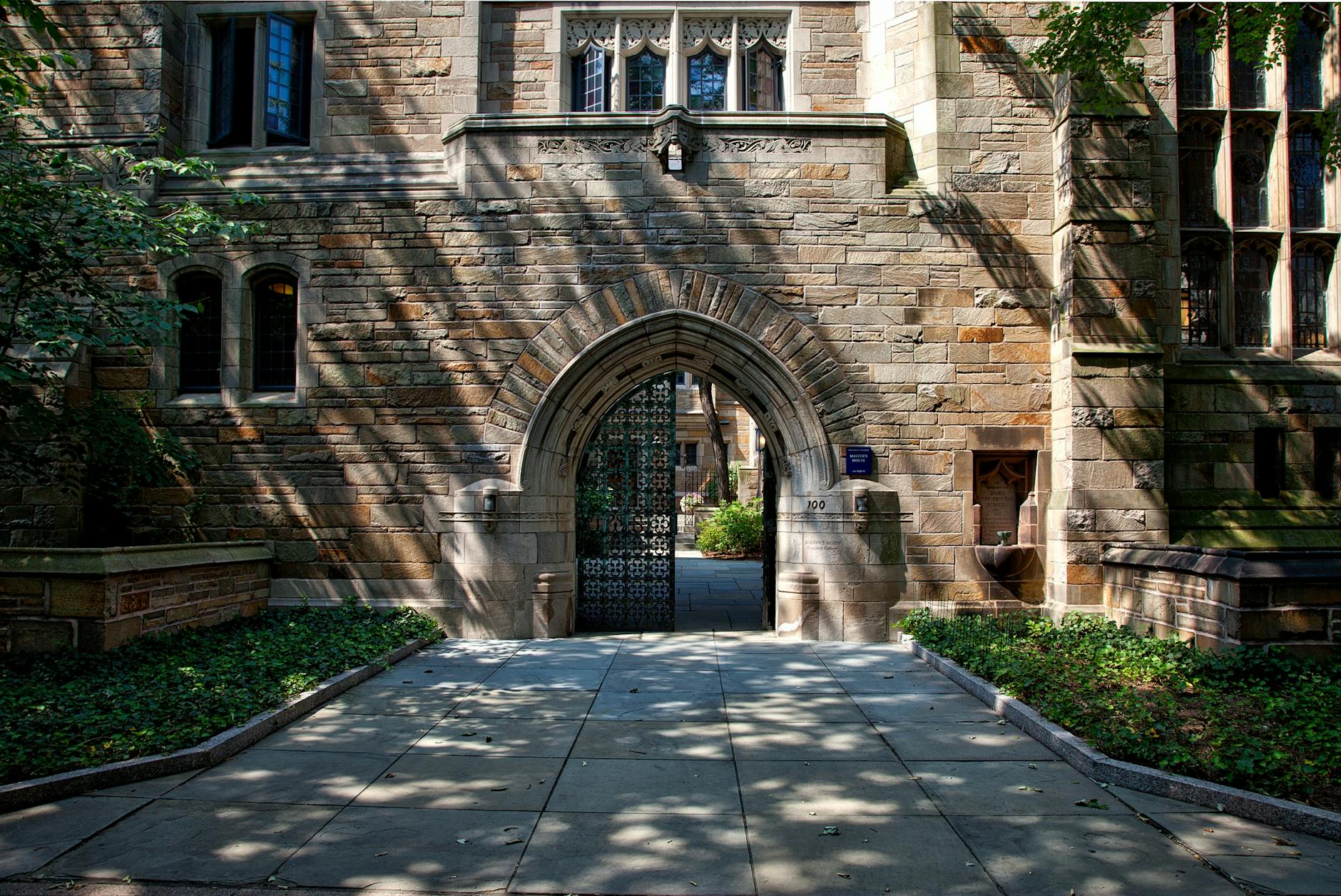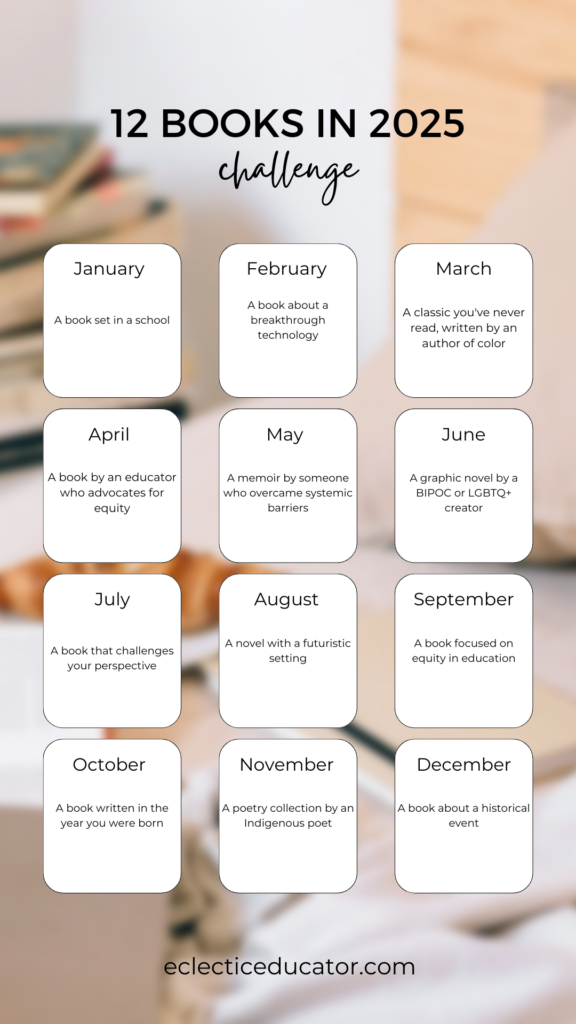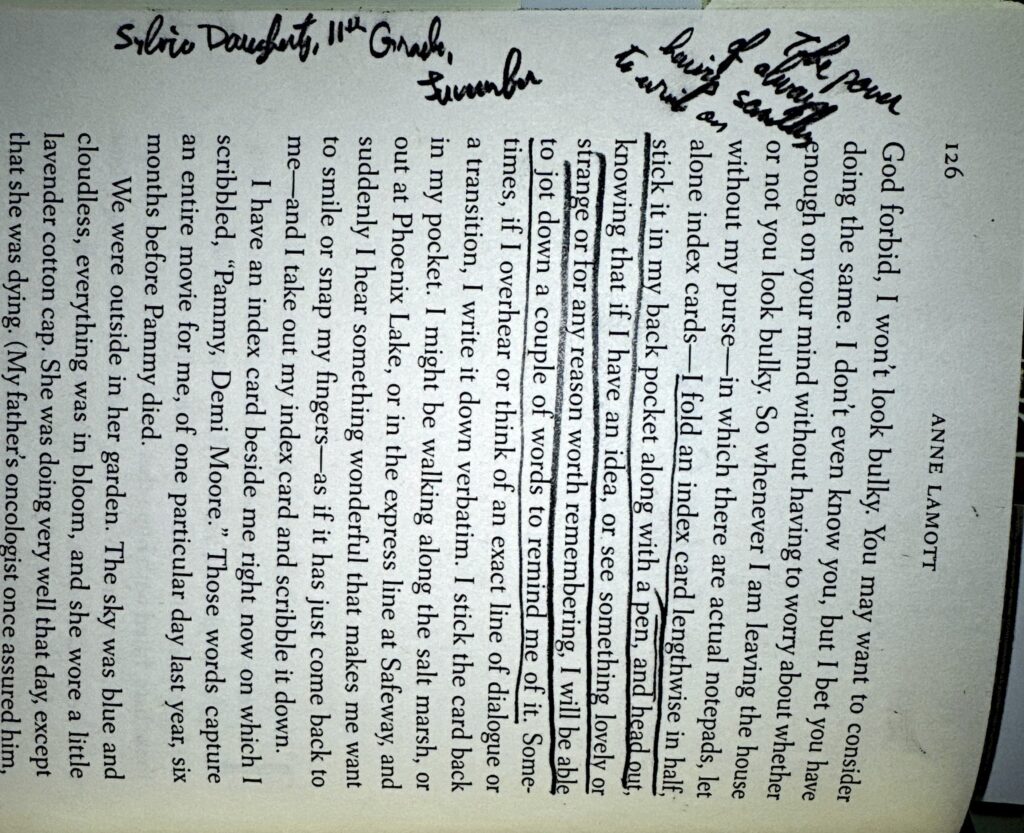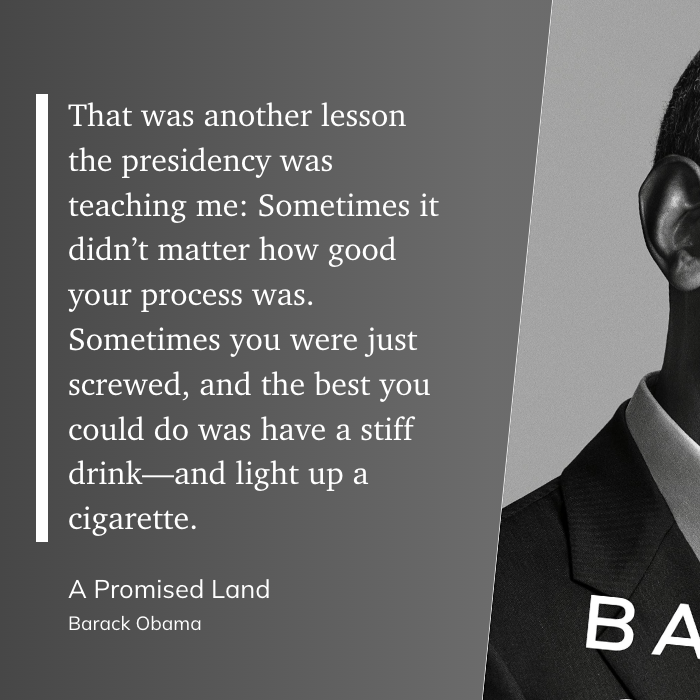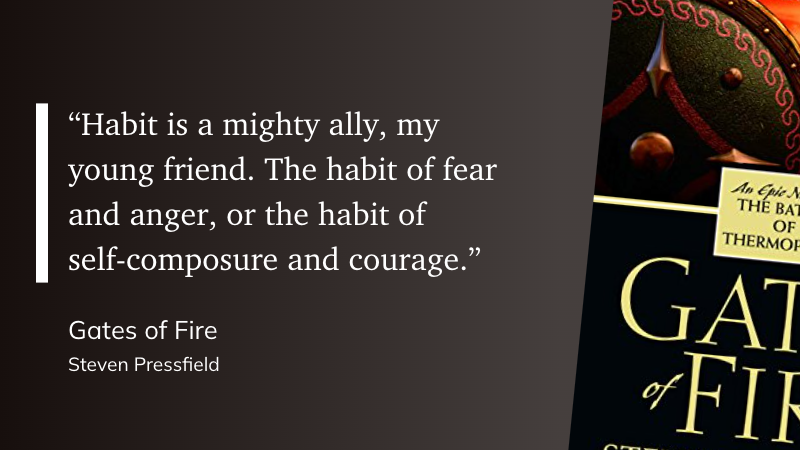
Technology can shape our world, transform industries, and redefine what’s possible. For this prompt in the 2025 Reading Challenge, I’ve selected five compelling books that dive into the stories behind groundbreaking innovations and the people who made them happen. Whether you’re a tech enthusiast or just curious about the forces driving change, these titles will inspire you.
1. The Innovators by Walter Isaacson
Genre: Nonfiction/Biography
Overview: From the creator of the bestselling Steve Jobs, Walter Isaacson explores the history of the digital revolution and the remarkable minds behind it. This riveting tale of collaboration and invention highlights the teamwork driving technological breakthroughs.
2. How to Invent Everything by Ryan North
Genre: Nonfiction/Science
Overview: Imagine being stranded in the past with no modern conveniences. Ryan North’s witty and educational guide is a crash course in humanity’s greatest inventions and how they work. Equal parts entertaining and enlightening, this book is a love letter to technology’s ingenuity.
3. AI 2041: Ten Visions for Our Future by Kai-Fu Lee and Chen Qiufan
Genre: Science Fiction/Nonfiction
Overview: Blending storytelling with real-world expertise, this book presents ten futuristic scenarios shaped by AI. Kai-Fu Lee and Chen Qiufan explore the promises and challenges of artificial intelligence in a format that’s as thought-provoking as it is engaging.
4. Code Breaker by Walter Isaacson
Genre: Biography/Science
Overview: Another gem from Walter Isaacson, this biography of Jennifer Doudna and the discovery of CRISPR technology is a compelling narrative about one of our most significant scientific breakthroughs. It’s a fascinating look at the ethical dilemmas and possibilities of gene editing.
5. Machines Like Me by Ian McEwan
Genre: Science Fiction
Overview: What happens when humans create life-like artificial intelligence? This thought-provoking novel imagines a world where androids blur the line between human and machine, exploring themes of morality, emotion, and the nature of consciousness.
Why These Books Work for the Challenge
These books explore the multifaceted nature of breakthrough technology—from its historical roots to its ethical implications and speculative future. Whether you’re interested in the real stories behind modern advancements or enjoy grappling with big philosophical questions, this list has something for you.
Get Your Free Printables!
Ready to track your reading journey? Sign up for my newsletter to grab your free 2025 Reading Challenge printables, including a tracker and journal pages.
📥 Sign up here to stay inspired and organized!
Let’s celebrate the marvels of technology through the power of storytelling. Happy reading!
The Eclectic Educator is a free resource for everyone passionate about education and creativity. If you enjoy the content and want to support the newsletter, consider becoming a paid subscriber. Your support helps keep the insights and inspiration coming!
